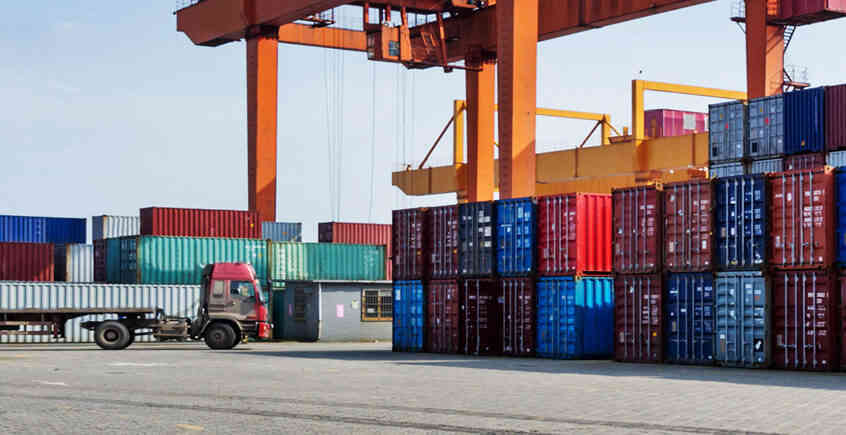Technology has been rapidly changing a myriad of industries including the logistic industry. However, what tremendous effects will the development of the Internet of Things can give to the said industry? If the IoT always appear in magazines or on Television news, they are usually available in wearable such as internet-connected televisions or health bands, and thermostats.
The reality is that they already have a big impact on a wide variety of industries and expectedly they can become more disruptive and severe in the near future. One of the industries that will experience the great effects is the Logistics Industry as being said. More particularly, the IoT will affect the chain leaders on how they will access necessary data and collaborate with other important individuals. The Internet of Things is not new to the said industry. As a matter of fact, the FedEx introduced a parcel tracking a few years ago that makes other competitive companies scrambled in order to get closer.
Walmart likewise implemented the pallet level RFID tags a few decades ago. The executives said that the technology had eliminated excess inventory when it comes to cut out-of-stock occurrences and behemoth’s retail warehouses. Despite of the fact that there are many logistics companies that stand apart of the curve in IoT, they do not know that it is just the start.
On demand logistic company like Trukky are investing a lot into Technology driven logistics company with Real time Price & Truck tracking.
Yard and warehouse management
Yards, warehouses, and distribution centers are essential part of the supply chain companies out there that will lead to gaining efficiencies that will help the supply chains to have more opportunities to experience improvements. With the use of containers and pallets RFID tags and parcels, the Logistic companies can communicate with the so-called infrastructure. Warehouse can track inventory, equipment, and vehicles through the use of cloud.
Enhance fleet management
When GPS location data are integrated with other sensor information and details from nodes on the Internet of Things network such as trucks and cars, it can make the supply chain proactive rather reactive. Say for instance, vehicles will be informed in times of delays before they get stuck in traffic due to an accident or bad weather.
Furthermore, the operators of the supply chain can monitor driver and automobile level of performance. Likewise, impending failure will be seen with the use of gearbox. When it comes to time-swapping breakdowns, they will be avoided by proactively scheduling maintenance. Logistics companies can tell the most economical drivers in automobile wear and tear, and fuel usage.
Improve in-transit visibility
A parcel can be tracked from the time of shipping and until received by the clients. With the Internet of Things, the GPS data is used on the pallet and the van acts like a “reader.” In doing so, it will lessen the burden. The vehicle employed for delivery connects to cloud and transfers RFID location, information, and temperature data as well.
Certainly, when all companies in the Logistics industry are open-minded with IoT possibilities, they can determine the inefficiencies easily. They can enhance the effectiveness and efficiency of their operations as well.



